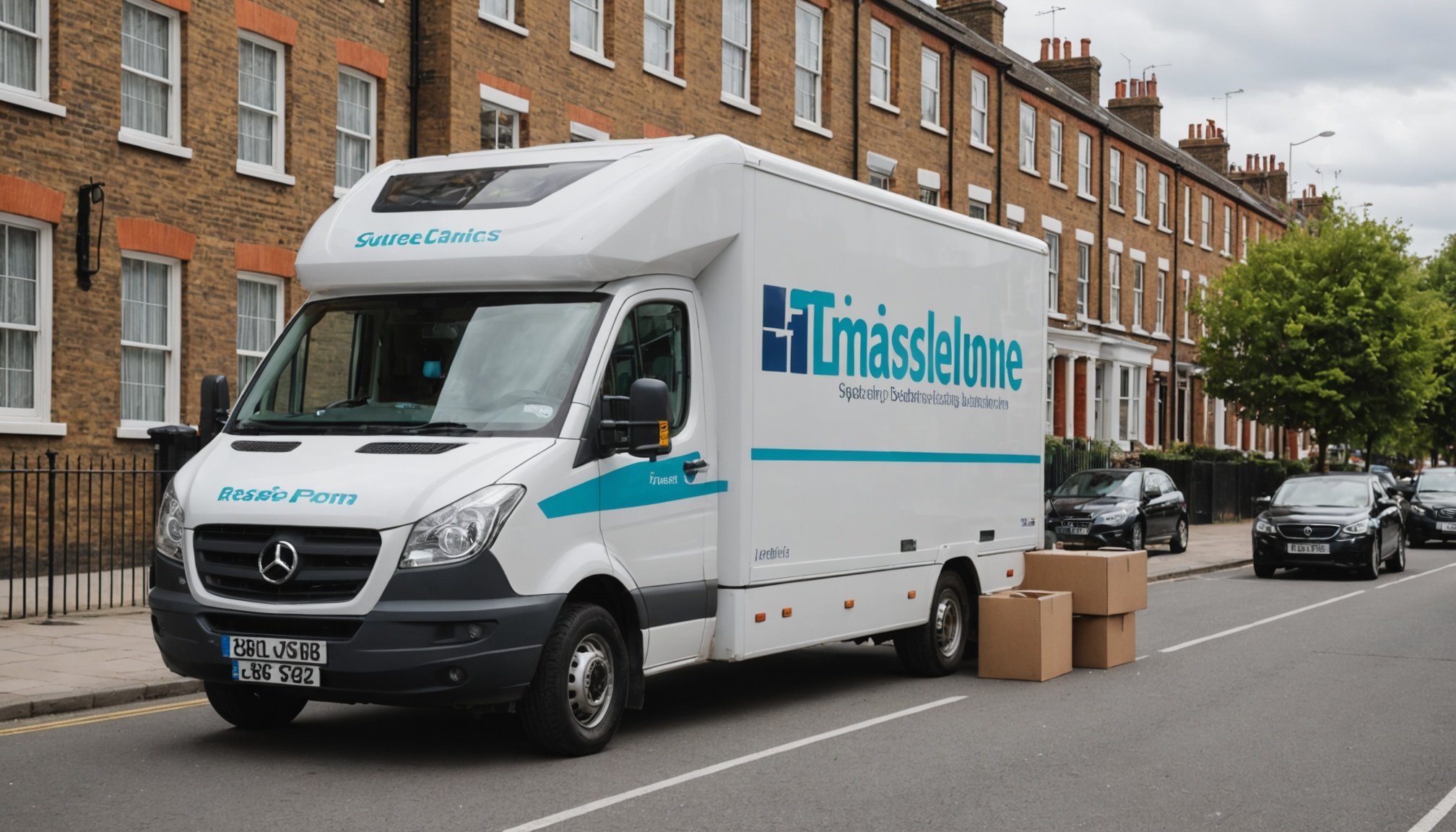Planning Your House Move in London
Embarking on a house move in London requires careful house moving planning to ensure a seamless transition. One of the most critical steps involves drafting a detailed moving timeline, which helps allocate sufficient time for each task, preventing last-minute chaos.
Creating a moving timeline involves setting key dates for various tasks. Start by determining your moving date and work backward, noting when to begin packing, notifying utility companies, and arranging for a moving service. Include deadlines for decluttering sessions and securing necessary permits. This ensures nothing is overlooked.
Have you seen this : Managing relocation stress: tips for a seamless transition
Comprehensive checklists play an equally crucial role. They aid in tracking progress and managing responsibilities, from organising change of address notifications to scheduling time for packing each room. A checklist ensures you cover essentials like collecting packing materials and keeping personal documents handy.
Consider the unique aspects of living in London, such as navigating busy streets on moving day. Pinpoints dates likely to impact your move, like bank holidays or local events, could save you stress and delay. Staying informed and organised with these tools simplifies your house moving process in the bustling city environment.
Also to see : Essential Local Permits You’ll Need When Relocating to Central London: A Comprehensive Guide
Preparing for the Move
With the right packing tips and strategies, embarking on your house move can become considerably more manageable and less stressful. Effective organisation starts with a comprehensive approach to decluttering. Before you begin packing, it’s advantageous to sift through your belongings and decide what items can be donated, sold, or discarded. This not only simplifies the packing process but also ensures a fresh start in your new home without the unnecessary clutter.
When it comes to organisation, categorising items by room and labelling each box clearly ensures a smoother unpacking experience. Consider using a colour-coding system or labels for instant identification. Packing essentials such as a first-day box containing must-have items are also incredibly useful.
To optimise packing, fragile items should be wrapped securely using bubble wrap or packing paper, and heavier items placed at the bottom of boxes. For packing tips aimed at efficiency, use smaller boxes for heavy items like books, and keep light items like linens in larger boxes. This not only maximises space but also makes lifting and arrangement easier. Planning and organisation can markedly enhance the moving process, setting the stage for a balanced and effective transition.
Choosing a Moving Service
Selecting the right moving companies is essential to ensure a hassle-free relocation experience. When researching options, focus on firms known for their reliability and customer satisfaction. Start by asking critical questions to assess potential movers: Are they licensed and insured? What is their experience with local moves in London?
Researching Moving Companies
Evaluate various moving companies by examining their expertise in navigating London’s unique challenges. This includes understanding the city’s narrow streets and dense traffic conditions. It’s beneficial to inquire if they offer specialised equipment or services for difficult-to-access properties.
Comparing Quotes
When comparing quotes, look beyond the price. Consider what services are included, such as packing, furniture disassembly, or transportation. Transparent pricing without hidden fees is a hallmark of reliable movers. Compare multiple quotations to ensure you’re getting competitive pricing for the services offered.
Reading Customer Reviews
Customer service reviews can provide insights into the quality and trustworthiness of different movers. Look for patterns in feedback related to punctuality, care with belongings, and professionalism. Positive reviews can be reassuring, but pay attention to how companies respond to negative feedback as well. This indicates their commitment to customer satisfaction and problem resolution.
Navigating Local Regulations
When planning a house move in London, understanding London moving regulations is paramount. Proper knowledge of necessary permits, particularly for larger vehicles, ensures compliance with local regulations.
Permits and Parking
Securing the correct permits is crucial. Many areas in London require permits for parking on residential streets during a move. Check with your local council to verify what permits are needed, as they vary by borough. Failing to obtain the right documentation can lead to fines or delays.
Parking restrictions often include specific hours when moving vehicles are allowed. Lack of preparation could result in costly penalties or logistical headaches. Be proactive in reserving parking spaces through the council well in advance of your moving date.
Staying Compliant
To remain compliant, consider using resources like the council’s website or specialised moving companies that are familiar with London’s intricate parking restrictions. They can offer guidance on obtaining permits or managing local regulations. This preemptive approach can prevent unnecessary setbacks and ensure your moving day proceeds smoothly. Understanding these elements fosters a streamlined and efficient moving experience.
Managing Common Moving Challenges
Encountering moving challenges in London is not uncommon, but being prepared can significantly ease the process. Major obstacles often include handling unexpected weather changes, coordinating schedules with service providers, and dealing with cramped urban spaces. Employing effective problem-solving strategies can manage these hurdles efficiently.
To tackle these types of challenges, maintain a flexible attitude and develop backup plans. For example, explore alternative routes or timelines in case of severe weather or traffic congestion. Additionally, organise a list of contacts like your moving company and local services for quick resolution of any issues.
On moving day, ensure easy access to essential tools and documents to handle unforeseen circumstances promptly. Having a clear checklist for moving activities aids in avoiding missteps and delays.
Tips for a smoother experience include delegating tasks to trusted friends or family and systematically packing a “moving day survival kit” containing necessary items, such as tools, snacks, and first-aid supplies. Taking these proactive measures transforms potential chaos into a structured and successful move.
Post-Move Considerations
Once the house moving adventure concludes, attention shifts towards effectively settling in. This phase includes immediate actions such as unpacking essentials and ensuring all belongings are in their designated spots for optimal organization. Begin with vital areas like the kitchen and bedroom to quickly establish a comfortable and functional living space.
One critical aspect of post-move tasks is updating information. Notify banks, insurance providers, and local councils of your new address promptly. This ensures uninterrupted services and helps avoid potential issues. Additionally, make sure to update your electoral registration to maintain your voting rights.
Finding local services efficiently is essential for easing into your new community. Research nearby health care facilities, schools, and grocery stores to integrate smoothly. Utilising community resources such as local social media groups or neighbourhood apps can provide valuable insights and recommendations. They often offer a wealth of information on trusted services and upcoming local events.
Remember, effective problem-solving post-move can facilitate a smoother transition. Being proactive about these elements will bring structure to your new life chapter in London, ensuring stability and contentment as you settle into your new environment.











